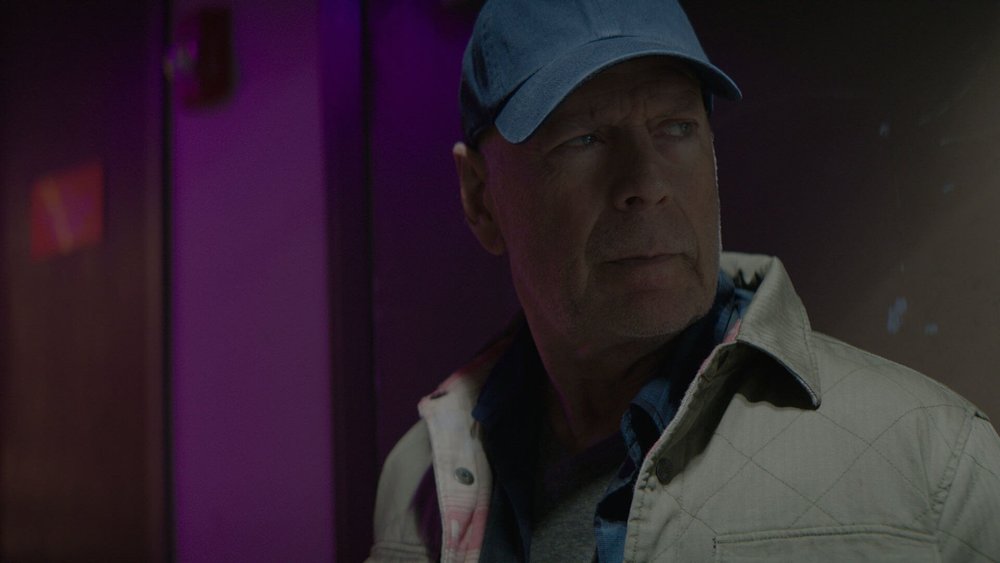
Just a few days ago, it was widely reported that actor Bruce Willis was selling the rights to allow a “digital twin” of himself to be created for use on screen in TV and film. That digital twin would be created using deepfake technology, similar to a phone advertisement he was reportedly involved in recently, in which he didn’t appear on set. His face was also digitally produced and altered in the film Looper, in which he was de-aged with the tech.
This was interesting news in the wake of Willis’s recent retirement earlier this year due to his diagnosis of aphasia, a condition that impacts the ability to communicate. But as it turns out, it may not be true.
Over the weekend, The BBC (via Deadline) reported that a spokesperson for Willis denies that he has any kind of partnership or agreement with the company. Deepcake, the company in question, confirmed this to the BBC, saying: “The wording about rights is wrong… Bruce couldn’t sell anyone any rights, they are his by default.”
Deepfake companies use artificial intelligence to create realistic simulations of famous figures. A deepfake of Willis appeared in an advert for a Russian telecoms company last year. Deepcake claims to have worked with the actor on the AI for the ad and used a glowing recommendation by him on their website, but Willis’s people did not confirm this to the BBC.
Last week, Star Wars veteran James Earl Jones handed over the rights of his unique Darth Vader tones to another AI company, Respeecher, indicating that he was retiring from the role and passing the baton through the use of technology.
This is such weird, new territory for the entertainment business. It will be interesting to see how it all plays out in the future. I’m glad Bruce Willis’s likeness isn’t going to continue to be used without his involvement. I think it would be so weird to see him in a movie, and know he wasn’t really there. We will miss Willis post-retirement, but there are plenty of other actors out there to take on new roles.
إرسال تعليق